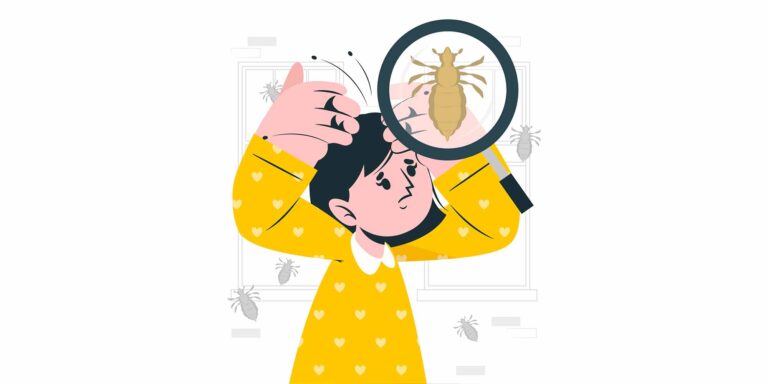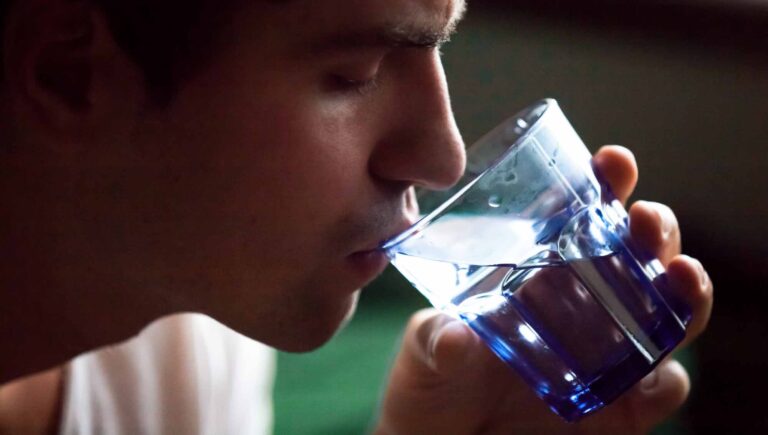What is popcorn?
Popcorn is a type of corn kernel that puffs up and expands when heated. It is a popular snack enjoyed by people of all ages due to its light, crunchy texture and versatile flavor options. Unlike other types of corn, popcorn has a hard outer shell that contains moisture. When heated, the moisture inside the kernel turns into steam, causing the kernel to explode and create the fluffy popcorn we know and love.
Nutrition
- Vitamin B1 (Thiamin): 9% of the DV.
- Vitamin B3 (Niacin): 14% of the DV.
- Vitamin B6 (pyridoxine): 9% of the DV.
- Iron: 18% of the DV.
- Magnesium: 34% of the DV.
- Phosphorus: 29% of the DV.
- Potassium: 7% of the DV.
- Zinc: 28% of the DV.
- Copper: 29% of the DV.
- Manganese: 48% of the DV.
This comes with a total of 387 calories, 13 grams of protein, 78 grams of carbs, and 5 grams of fat.
Nutrient Facts of Popcorn:
Dietary Fiber:
- Popcorn is a rich source of dietary fiber, with approximately 3.6 grams of fiber per 1-ounce (28-gram) serving. Dietary fiber is crucial for digestive health, promoting regular bowel movements, and aiding in weight management by increasing feelings of fullness and reducing calorie absorption.
Whole Grains:
- As a whole grain, popcorn contains all parts of the kernel, including the bran, germ, and endosperm. Whole grains are packed with nutrients like vitamins, minerals, and antioxidants, contributing to overall health and reducing the risk of chronic diseases such as heart disease, diabetes, and certain cancers.
Protein:
- While popcorn is not a significant source of protein compared to other foods, it still provides a small amount of this essential nutrient. A 1-ounce serving of popcorn typically contains around 3.1 grams of protein, which can contribute to muscle repair and growth, as well as overall cellular function.
Low in Fat:
- Air-popped popcorn is naturally low in fat, making it a healthier snack option compared to fried or buttered popcorn varieties. A 1-ounce serving of air-popped popcorn contains only about 0.4 grams of fat, making it suitable for those watching their fat intake or trying to maintain a healthy weight.
Calories:
- Popcorn is a relatively low-calorie snack, particularly when prepared without added butter or oil. A 1-ounce serving of air-popped popcorn contains approximately 31 calories, making it a satisfying yet calorie-conscious option for snacking.
Vitamins and Minerals:
- While popcorn is not exceptionally rich in vitamins and minerals, it does contain small amounts of various nutrients. These may include magnesium, phosphorus, zinc, manganese, and trace amounts of vitamins like B vitamins (including niacin and folate).
Antioxidants:
- Popcorn contains polyphenol antioxidants, which have been associated with various health benefits, including reduced inflammation, improved heart health, and protection against certain diseases. These antioxidants help neutralize harmful free radicals in the body, reducing oxidative stress and promoting overall well-being.
Health Benefits of Popcorn

Lower risk of diabetes:
- High Fiber Content:
-
- Popcorn is a rich source of dietary fiber, with approximately 3.6 grams of fiber per 1-ounce (28-gram) serving. Dietary fiber plays a crucial role in regulating blood sugar levels by slowing down the absorption of glucose in the bloodstream. This helps prevent spikes and crashes in blood sugar, reducing the risk of insulin resistance and type 2 diabetes.
- Whole Grain Goodness:
-
- As a whole grain, popcorn contains complex carbohydrates that are digested more slowly, leading to more stable blood sugar levels. Consuming whole grains like popcorn regularly has been associated with a lower risk of developing type 2 diabetes due to their beneficial effects on insulin sensitivity and glucose metabolism.
Lower Risk of Heart Disease:
- Antioxidant Content:
-
- Popcorn contains polyphenol antioxidants, which help protect against oxidative stress and inflammation, two key contributors to heart disease. These antioxidants help prevent the oxidation of LDL cholesterol (often referred to as “bad” cholesterol), reducing the buildup of plaque in the arteries and lowering the risk of atherosclerosis and coronary artery disease.
- Whole Grain Benefits:
-
- The whole-grain goodness of popcorn, including its fiber, vitamins, minerals, and phytonutrients, supports heart health in multiple ways. Consuming whole grains has been linked to lower levels of LDL cholesterol, improved blood pressure regulation, and reduced inflammation, all of which contribute to a lower risk of heart disease.
Lower risk of hypertension:
- Low Sodium Content:
-
- Air-popped popcorn is naturally low in sodium, making it a heart-healthy snack option for individuals looking to manage their blood pressure. Excessive sodium intake is a known risk factor for hypertension, and choosing low-sodium foods like popcorn can help maintain healthy blood pressure levels.
- Potassium Content:
-
- Popcorn contains potassium, an essential mineral that plays a key role in regulating blood pressure by counteracting the effects of sodium. Adequate potassium intake helps relax blood vessel walls, improving blood flow and reducing strain on the cardiovascular system, thus lowering the risk of hypertension.
Weight Management:
- Low-Calorie Snack Option:
-
- Air-popped popcorn is a low-calorie snack, making it a satisfying option for individuals looking to manage their weight. A 1-ounce serving of air-popped popcorn contains only about 31 calories, allowing for guilt-free snacking when consumed in moderation.
- High-Fiber Content:
- The high fiber content of popcorn helps promote feelings of fullness and satiety, reducing the likelihood of overeating and snacking on high-calorie foods. Including fiber-rich snacks like popcorn in a balanced diet can support weight management goals by controlling hunger and calorie intake.
How to Prepare Popcorn in the Best Way:
- Choose the right popcorn kernels.
- Start by selecting high-quality popcorn kernels, preferably those labeled as “popcorn” or “popping corn.” These kernels are specifically bred for popping and will yield the best results.
- Use a popcorn popper or stovetop pot.
- You have two main options for popping popcorn: using a popcorn popper or a stovetop pot. Popcorn poppers offer convenience and consistency, while stovetop pots allow for more control over the popping process.
- Measure the kernels:
- For air-popped popcorn, use approximately 1/4 cup of popcorn kernels per serving. Adjust the quantity based on your desired batch size and the capacity of your popcorn popper or pot.
- Preheat the popper or pot.
- If using a popcorn popper, preheat it according to the manufacturer’s instructions. If using a stovetop pot, heat it over medium-high heat and add a small amount of oil (such as coconut or vegetable oil) to coat the bottom.
- Add the Kernels:
- Once the popper or pot is heated, add the popcorn kernels in a single layer. Distribute them evenly to ensure uniform popping.
- Cover and Wait:
- If using a popcorn popper, follow the appliance’s instructions for popping. If using a stovetop pot, cover it with a lid to trap heat and moisture. Allow the kernels to heat up and start popping.
- Shake or Stir:
- If using a stovetop pot, gently shake the pot or stir the kernels occasionally to prevent them from burning and ensure even popping. Exercise caution to avoid steam burns from escaping steam.
- Listen for Popping Sounds:
- As the kernels heat up, they will start to pop. Listen for the popping sounds, which should occur rapidly. Once the popping slows down to 2-3 seconds between pops, remove the pot from the heat.
- Season to Taste:
- Transfer the popped popcorn to a large bowl and season it to taste. You can keep it simple with a sprinkle of salt or get creative with various seasonings like butter, nutritional yeast, herbs, spices, or grated cheese.
- Enjoy Immediately:
- Popcorn is best enjoyed fresh and warm. Serve it immediately and savor the crunchy goodness of your homemade popcorn.
-
What’s a Healthy Salt-Butter-Oil Ratio?
- The healthiest way to eat popcorn is plain and air-popped. However, most of us need a little seasoning to enjoy this snack. Because the whole grains in popcorn are so beneficial, don’t undo their benefits by dousing your popcorn in butter and salt.
- Once you’ve air-popped your popcorn, add a small drizzle of olive oil and a sprinkling of salt. If you prefer the taste of butter, remember that a little can go a long way. Try melting 1 teaspoon and tossing it with your popcorn. If you still need more flavor, opt for other herbs and spices



Is Popcorn Healthy? Discover Popcorn’s Healthy Side